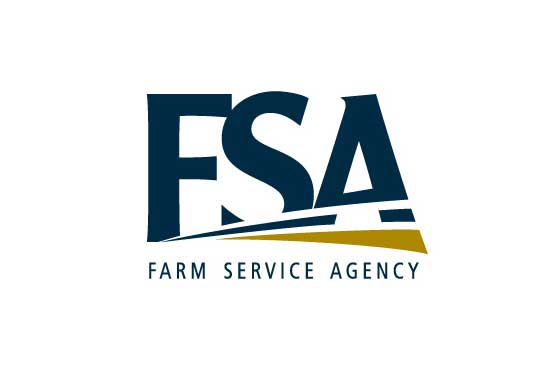Agricultural producers of perishable commodities, including fruits, vegetables, and floriculture, can now get funding for controlled atmosphere storage through Farm Storage Facility Loans (FSFL) offered by the U.S. Department of Agriculture’s (USDA) Farm Service Agency (FSA).
Controlled atmosphere storage regulates the concentrations of oxygen, carbon dioxide and nitrogen in a storage room to increase the shelf life of crops. “Controlled atmosphere storage facilities are used by the produce and floriculture industries here in Minnesota. Our growers can now benefit from having this type of storage facility added to the list of eligible structures for Farm Storage Facility Loans, allowing producers to extend the shelf life of the commodities they grow and market,” said Daniel Mahoney, FSA Acting State Executive Director in Minnesota.
In addition to now supporting controlled atmosphere storage, FSFLs also provide low-interest financing to help producers build or upgrade storage facilities and to purchase portable (new or used) structures, equipment and storage and handling trucks. The low-interest funds can also be used for controlled atmosphere storage monitoring equipment, designed to notify facility owners immediately if potential atmospheric concerns are detected. Producers may renovate existing storage facilities to include controlled atmosphere storage monitoring equipment.
Authorized loan terms for FSFL renovations are three and five years only. To assist with monitoring gases and particle concentrations for controlled atmosphere storage, the following equipment, but not limited to, is eligible for an FSFL:
• Optical oxygen sensor.
• Low power CO2 sensor.
• Air quality sensor.
• Gas detection devices.
• Air temperature and relative humidity sensor.
• Water activity meter.
• Temperature stabilized water activity analyzer.
• Precision and performance humidity and temperature transmitter.
Loans of up to $50,000 can be secured by a promissory note/security agreement, loans between $50,000 and $100,000 may require additional security and loans exceeding $100,000 require additional security. FSFL borrowers do not need to demonstrate lack of commercial credit availability to apply. The loans are designed to assist a diverse range of agricultural operations, including small and midsized businesses, new farmers and ranchers, operations supplying local food and farmers markets, non-traditional farm products and underserved producers. For more information, see the FSFL fact sheet and contact FSA at your local USDA Service Center.



